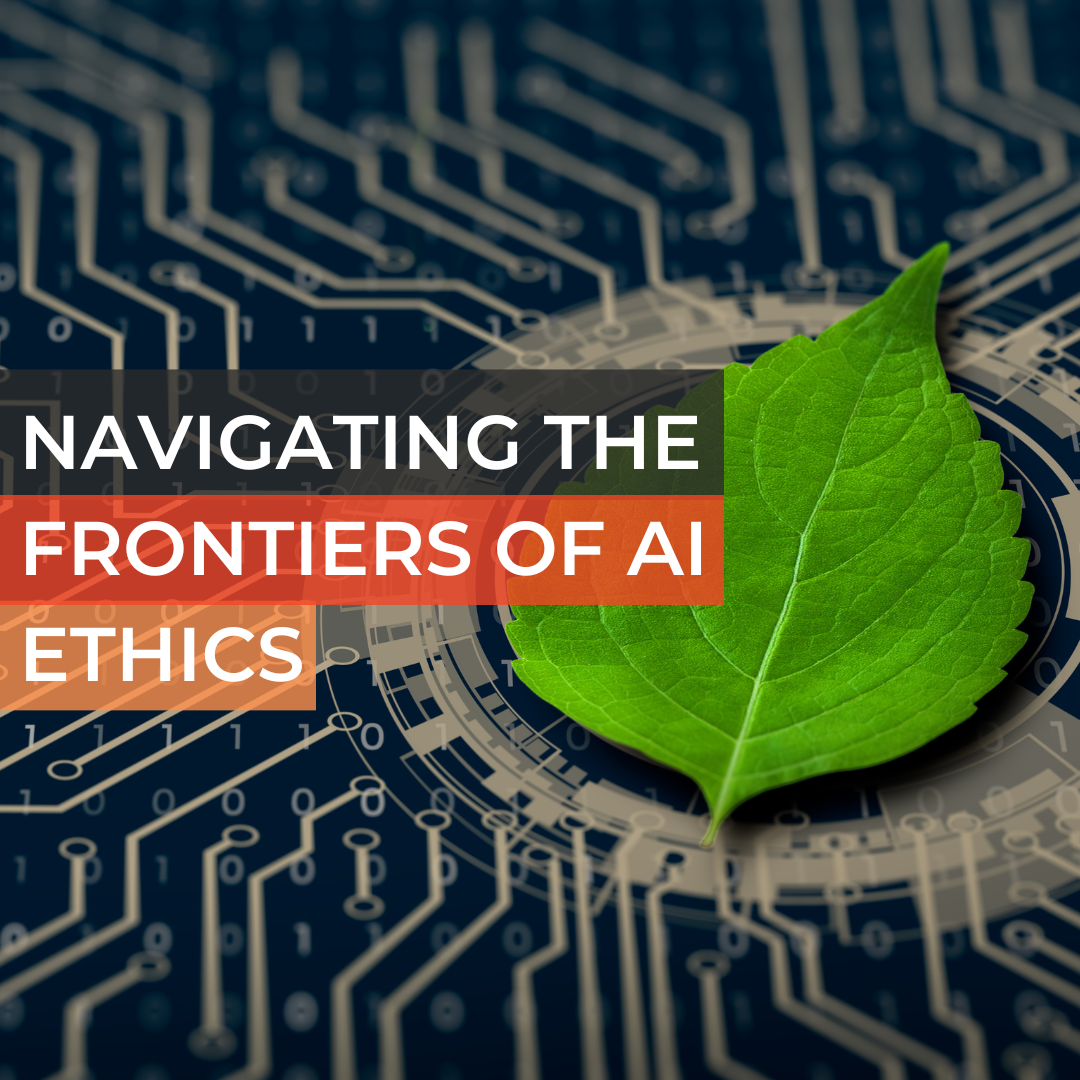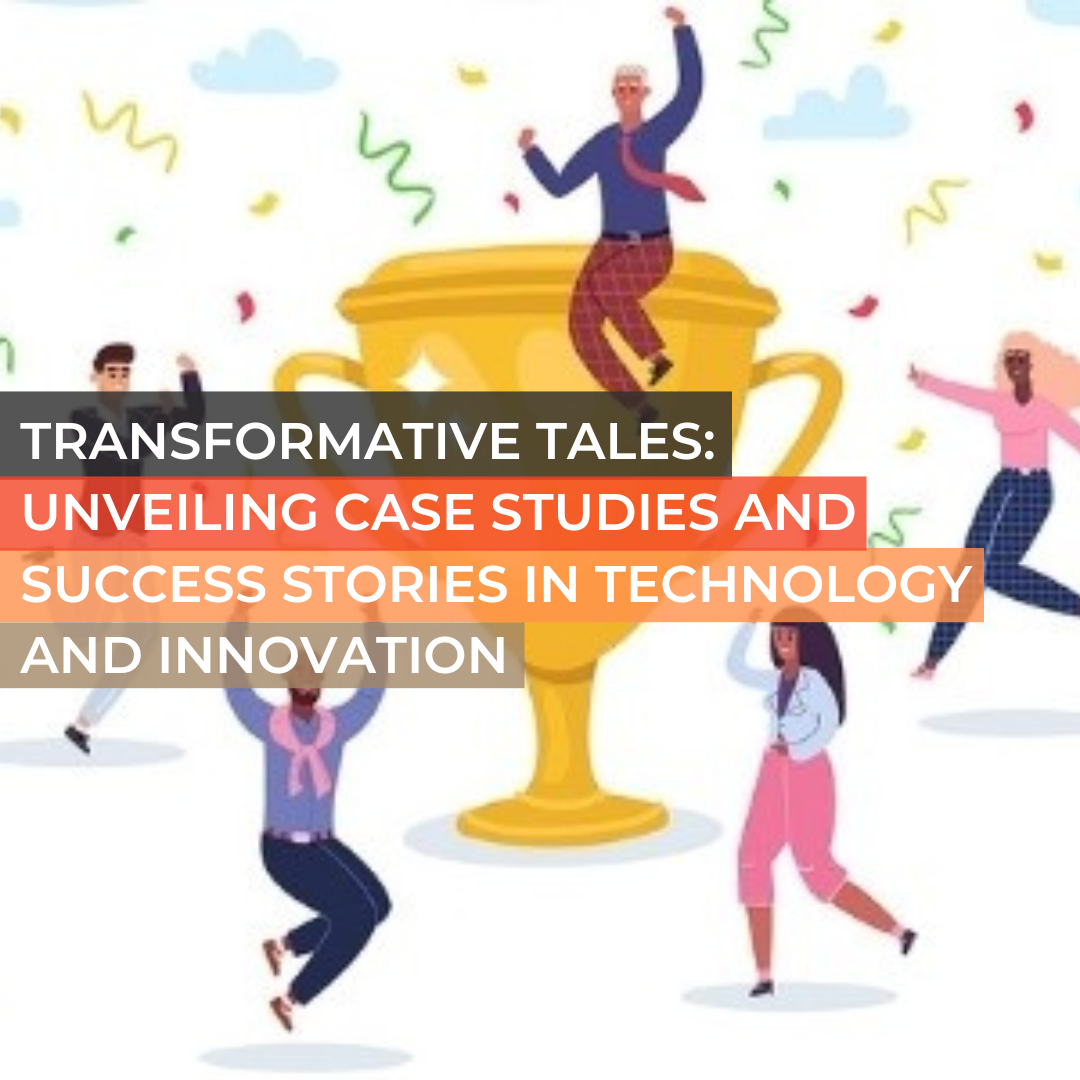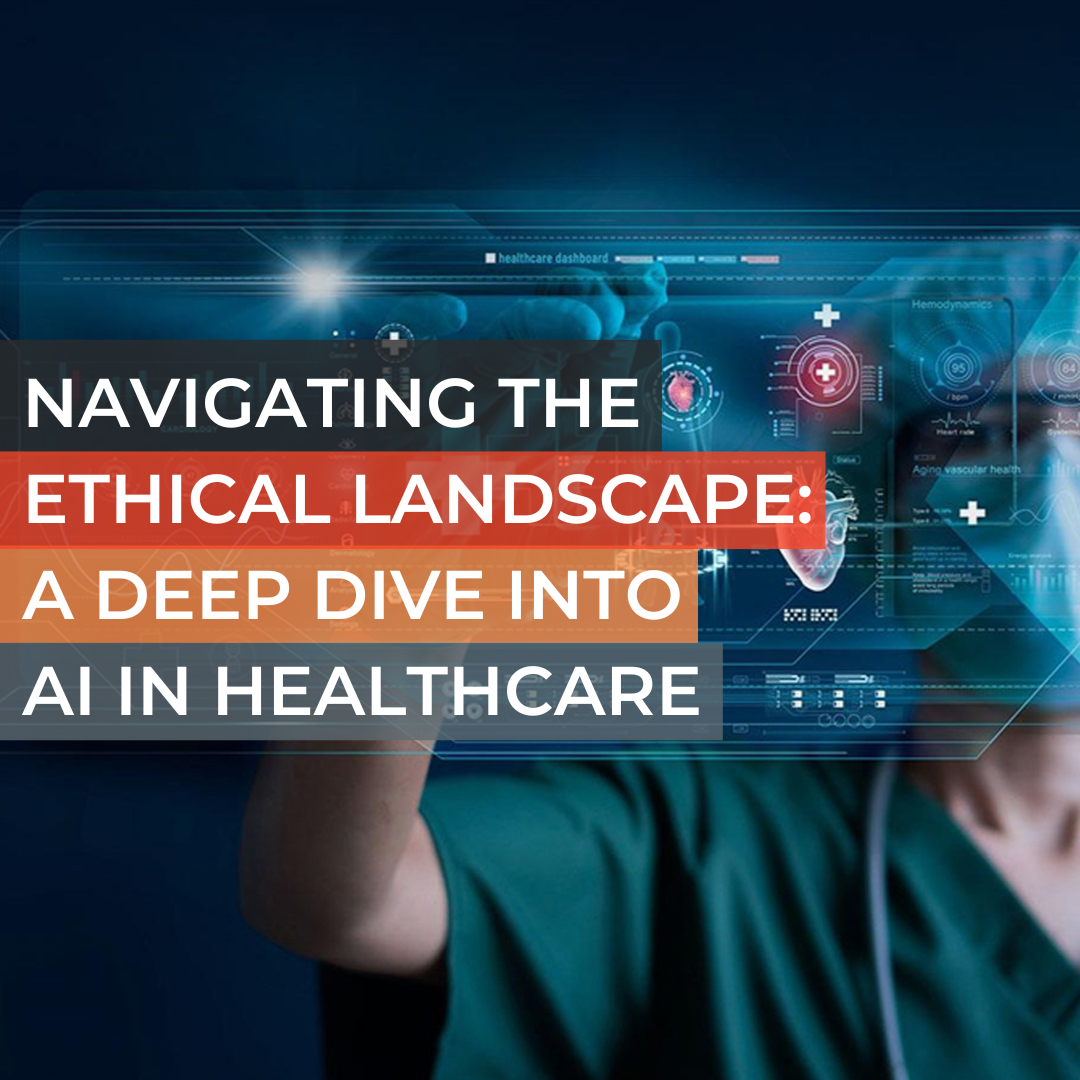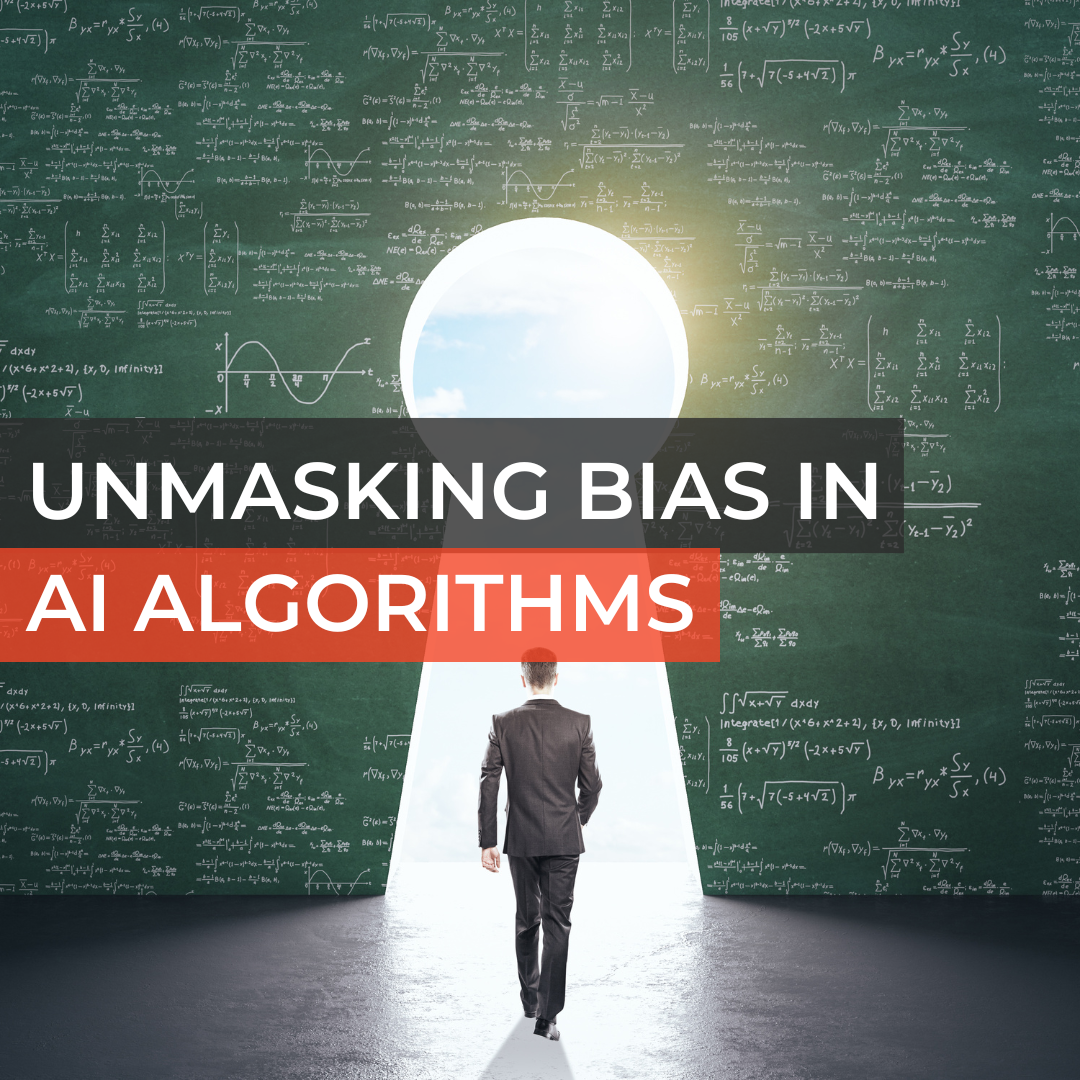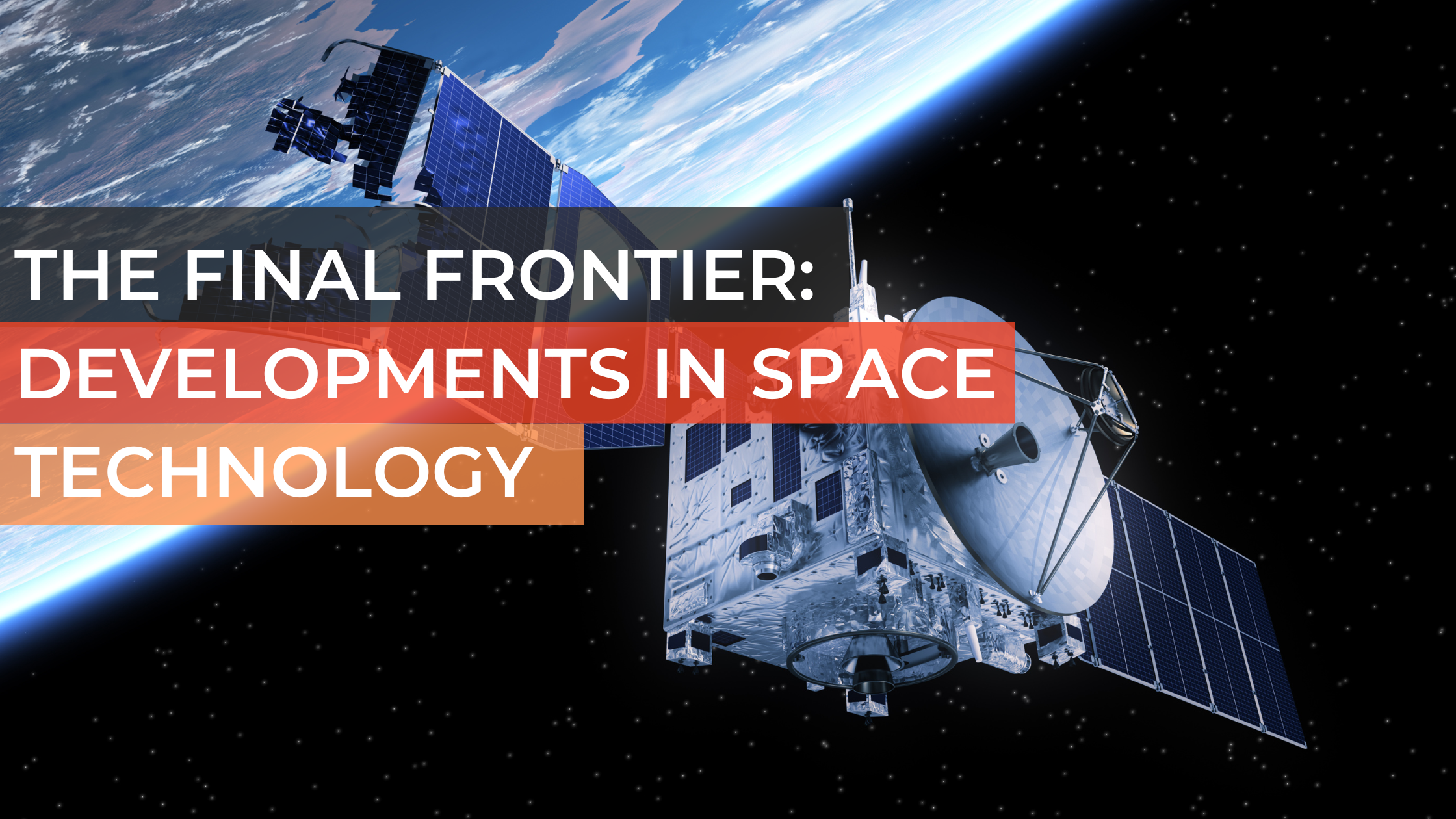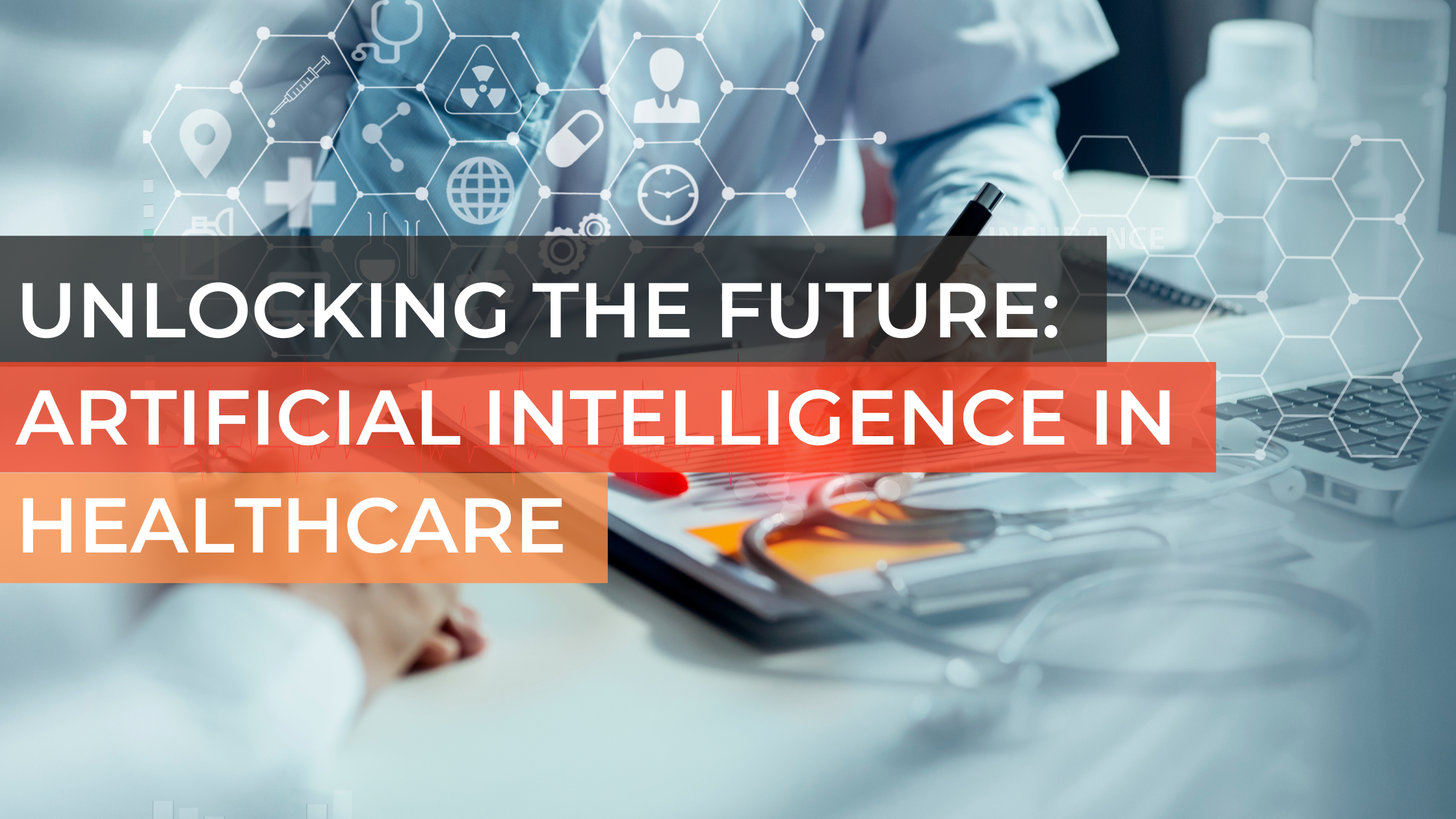As we wrap up our recent series of discussions on AI ethics, we find ourselves at the intersection of innovation and responsibility. The thoughtful insights and diverse perspectives shared during these conversations have shed light on the multifaceted challenges that arise with the rapid advancements in artificial intelligence.
Silicon Valley Innovation Center
Recent Posts
Summary of Discussions: Navigating the Frontiers of AI Ethics
Jan 24, 2024 12:34:06 PM / by Silicon Valley Innovation Center posted in Tech, Innovation, #IndustrialRevolution, #TechTrends, Artificial intelligence
Transformative Tales: Unveiling Case Studies and Success Stories in Technology and Innovation
Jan 18, 2024 8:26:07 AM / by Silicon Valley Innovation Center posted in Tech, Innovation, #IndustrialRevolution, #TechTrends, Artificial intelligence
In the dynamic landscape of technology and innovation, case studies and success stories stand as testaments to the transformative power these advancements bring to businesses and industries. As we delve into real-world applications, this exploration unveils the profound impact that innovative solutions have on shaping the future. This comprehensive blog will take you on a journey through various case studies, shedding light on how technology has become a catalyst for change and a driver of success.
Navigating the Ethical Landscape: A Deep Dive into AI in Healthcare
Jan 18, 2024 7:39:31 AM / by Silicon Valley Innovation Center posted in Tech, Innovation, #IndustrialRevolution, #TechTrends, Artificial intelligence
In recent years, the integration of Artificial Intelligence (AI) in healthcare has revolutionized the industry, promising unparalleled advancements in diagnostics, treatment, and patient care. As this transformative technology continues to gain momentum, it is imperative to scrutinize the ethical considerations that accompany its implementation. In this case study, we will delve into the intricate relationship between AI and healthcare, exploring real-world examples and analyzing the ethical implications that arise.
The Rise of AI in Healthcare
Overview of AI Applications in Healthcare – The integration of AI in healthcare is a multifaceted phenomenon, encompassing various applications such as diagnostic tools, predictive analytics, personalized medicine, and robotic-assisted surgeries. These advancements aim to enhance the efficiency of healthcare systems, improve diagnostic accuracy, and ultimately save lives.
Real-World Examples
IBM Watson for Oncology – IBM’s Watson for Oncology is an AI-driven system designed to assist oncologists in treatment decision-making by analyzing vast amounts of medical literature, clinical trial data, and patient records.
DeepMind Health – DeepMind Health, a subsidiary of Google’s DeepMind, explores AI applications in healthcare, including the development of algorithms to analyze medical images and predict patient deterioration.
Ethical Considerations in AI-Driven Healthcare Solutions
Patient Privacy and Data Security
Informed Consent – The utilization of patient data in AI algorithms raises concerns about informed consent. Patients may be unaware of how their data is used, necessitating transparent communication and consent processes.
Data Security
HIPAA Compliance – Ensuring compliance with Health Insurance Portability and Accountability Act (HIPAA) standards is crucial to safeguard patient data and maintain the trust of individuals in the healthcare system.
Bias and Fairness
Algorithmic Bias
AI Now Institute – The AI Now Institute actively addresses the issue of bias in AI systems, emphasizing the importance of addressing biases in training data to prevent discriminatory outcomes in healthcare applications.
Health Disparities
AI algorithms may inadvertently perpetuate existing health disparities, as they rely on historical data that may reflect systemic biases. Addressing these disparities is crucial to ensure equitable healthcare outcomes.
Accountability and Transparency
Explainability
The “black box” nature of some AI algorithms poses challenges in understanding their decision-making processes. Ensuring transparency in AI systems is vital for accountability and gaining the trust of healthcare professionals and patients.
Liability Issues
AI and Liability – Examining liability concerns associated with AI in healthcare, this Brookings Institution report discusses the need for a legal framework to address accountability in cases of algorithmic errors.
Case Studies: Ethical Dilemmas in AI-Driven Healthcare
Diagnosis and Treatment Recommendations
The Dilemma of Trust – AI’s ability to outperform human clinicians in certain diagnostic tasks raises questions about the level of trust that should be placed in these algorithms, particularly when the results are at odds with human intuition.
Accountability in Treatment Plans – Exploring cases where AI systems recommend treatment plans that deviate from established medical norms, this section examines the challenges associated with holding algorithms accountable for their recommendations.
Predictive Analytics and Patient Outcomes
Predicting Patient Deterioration – Predictive Analytics in Healthcare – Analyzing the use of predictive analytics in healthcare, this research article discusses the ethical considerations associated with predicting patient deterioration and intervening proactively.
Ensuring Patient Autonomy – As AI systems predict patient outcomes, the balance between providing timely interventions and respecting patient autonomy becomes a critical ethical consideration. This section explores cases where these two principles may come into conflict.
Future Directions and Recommendations
Ethical Frameworks for AI in Healthcare
Ethical AI Principles – Ethics Guidelines for Trustworthy AI – The European Commission’s guidelines for trustworthy AI provide a foundation for ethical considerations in AI development, emphasizing principles such as transparency, accountability, and societal impact.
Collaborative Efforts – Encouraging interdisciplinary collaboration between healthcare professionals, ethicists, policymakers, and technologists is essential to establish comprehensive ethical frameworks that guide the development and deployment of AI in healthcare.
Continuous Monitoring and Auditing
Continuous Evaluation – Implementing mechanisms for continuous evaluation and auditing of AI algorithms in healthcare settings is crucial to identify and rectify biases, improve accuracy, and ensure ongoing ethical compliance.
Regulatory Oversight – FDA’s Approach to AI in Healthcare – The U.S. Food and Drug Administration (FDA) discusses its approach to regulating AI and machine learning-based medical devices, emphasizing a risk-based framework to promote innovation while ensuring patient safety.
Conclusion
The integration of AI in healthcare presents unprecedented opportunities for advancements in diagnosis, treatment, and patient care. However, it is imperative to navigate the ethical landscape carefully. As we move forward, the collaborative efforts of healthcare professionals, policymakers, and technologists will play a pivotal role in ensuring the responsible and ethical use of AI in healthcare. By addressing patient privacy concerns, mitigating biases, and fostering transparency, we can build a future where AI serves as a transformative force for good in the healthcare industry.
Unmasking Bias in AI Algorithms: A Comprehensive Examination of Societal Impact and Mitigation Strategies
Jan 17, 2024 2:00:03 PM / by Silicon Valley Innovation Center posted in Tech, Innovation, #IndustrialRevolution, #TechTrends, Artificial intelligence
Artificial Intelligence (AI) has emerged as a transformative force, reshaping industries, revolutionizing technology, and influencing societal dynamics. However, the increasing integration of AI systems into our daily lives has unveiled a critical concern: bias in AI algorithms. This blog post aims to delve into the intricate landscape of bias in AI, examining its societal impact and exploring effective strategies to mitigate these biases.
Unveiling the Future: Must-Attend Conferences in Silicon Valley, USA (January 2024)
Dec 13, 2023 2:00:20 PM / by Silicon Valley Innovation Center posted in Tech, Innovation, #EducationInnovation, #conferences, #ARVR, #IndustrialRevolution, #TechTrends, #BigData
Silicon Valley, the global hub of technology and innovation, is gearing up for an exciting lineup of conferences in January 2024. These events promise to bring together thought leaders, industry experts, and enthusiasts to discuss cutting-edge advancements, share insights, and explore the future of various fields. If you're eager to stay ahead of the curve, mark your calendars for these upcoming conferences:
The Rise of Autonomous Systems: Self-Driving Cars and Drones
Dec 13, 2023 1:55:57 PM / by Silicon Valley Innovation Center posted in Tech, Innovation, #EducationInnovation, #ARVR, #IndustrialRevolution, #TechTrends, #BigData
In the past decade, we've witnessed an unprecedented surge in autonomous systems, fundamentally reshaping the landscape of transportation and delivery services. This blog aims to dissect the advancements in self-driving cars and drone technology, unraveling their far-reaching implications for transport, delivery services, and urban planning.
Quantum Computing: A Leap into New Realms of Processing Power
Dec 13, 2023 1:48:15 PM / by Silicon Valley Innovation Center posted in Tech, Innovation, #EducationInnovation, #ARVR, #IndustrialRevolution, #TechTrends, #BigData, spacetechnology
In the realm of computing, a groundbreaking revolution is on the horizon - Quantum Computing. Unlike classical computers that rely on bits to process information, quantum computers use quantum bits or qubits. These qubits, thanks to the principles of superposition and entanglement, hold the promise of solving complex problems exponentially faster than their classical counterparts. The need for such a leap in processing power is becoming increasingly evident as classical computers struggle to tackle intricate problems in fields like cryptography, optimization, drug discovery, and artificial intelligence.
Connectivity and IoT: Building Smarter Environments
Dec 13, 2023 1:41:59 PM / by Silicon Valley Innovation Center posted in Tech, Innovation, #EducationInnovation, #ARVR, #IndustrialRevolution, #TechTrends, #BigData, spacetechnology
In the ever-evolving landscape of technology, the Internet of Things (IoT) stands out as a transformative force. At its core, IoT refers to the interconnection of devices, enabling them to communicate and share data. This evolution, from simple machine-to-machine communication to a sophisticated ecosystem, has been made possible by advancements in connectivity technologies. The role of connectivity is pivotal in shaping smarter environments, ranging from smart cities to homes and industries.
To understand the scope of IoT, it's essential to explore its impact across various sectors.
The Final Frontier: Developments in Space Technology
Dec 13, 2023 1:31:08 PM / by Silicon Valley Innovation Center posted in Tech, Innovation, #EducationInnovation, #ARVR, #IndustrialRevolution, #TechTrends, #BigData, spacetechnology
Space technology encompasses a broad range of innovations designed for space exploration, satellite communication, and scientific discovery. From advanced propulsion systems to cutting-edge robotic rovers, the field continually pushes the boundaries of human knowledge and capability. The primary goal of this blog is to provide a comprehensive update on recent developments in space technology. We'll focus on two key areas: Mars missions and the growing role of private companies in space exploration and satellite technology.
Unlocking the Future: Artificial Intelligence in Healthcare
Dec 13, 2023 1:15:47 PM / by Silicon Valley Innovation Center posted in Tech, Innovation, #EducationInnovation, #IndustrialRevolution, #TechTrends, BlockchainInHealthcare, HealthcareInnovation, HealthTech, #BigData
The present reality of AI in healthcare is not a distant vision but a current unfolding marvel. Beyond a mere buzzword, artificial intelligence, or AI, acts as the magician of technology, wielding its wand over computers to replicate human intelligence and decision-making. The possibilities are truly astounding!
AI is not confined to the sidelines; it's the star of the show across various industries, from academia to government. In healthcare, it emerges as a superhero donning its cape, prepared to combat the ever-evolving array of viruses. AI is not merely waiting backstage; it's ready to step into the limelight.

